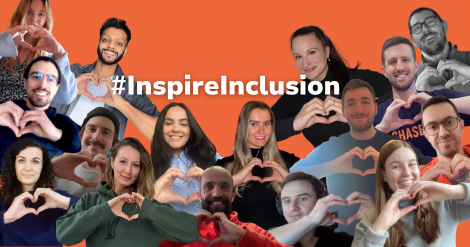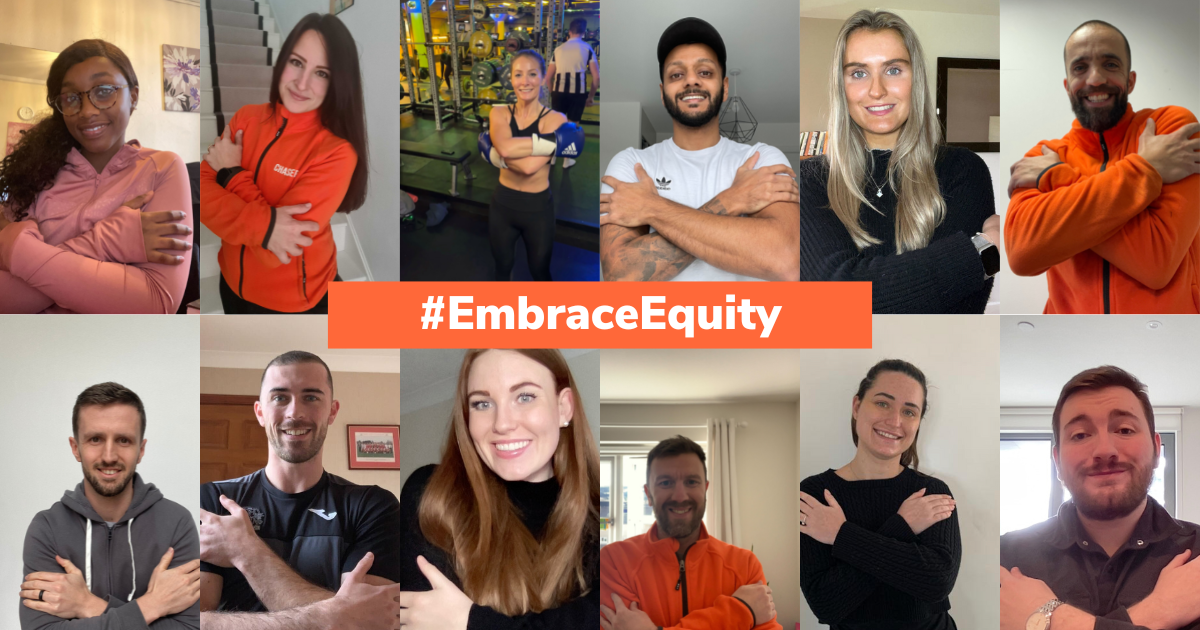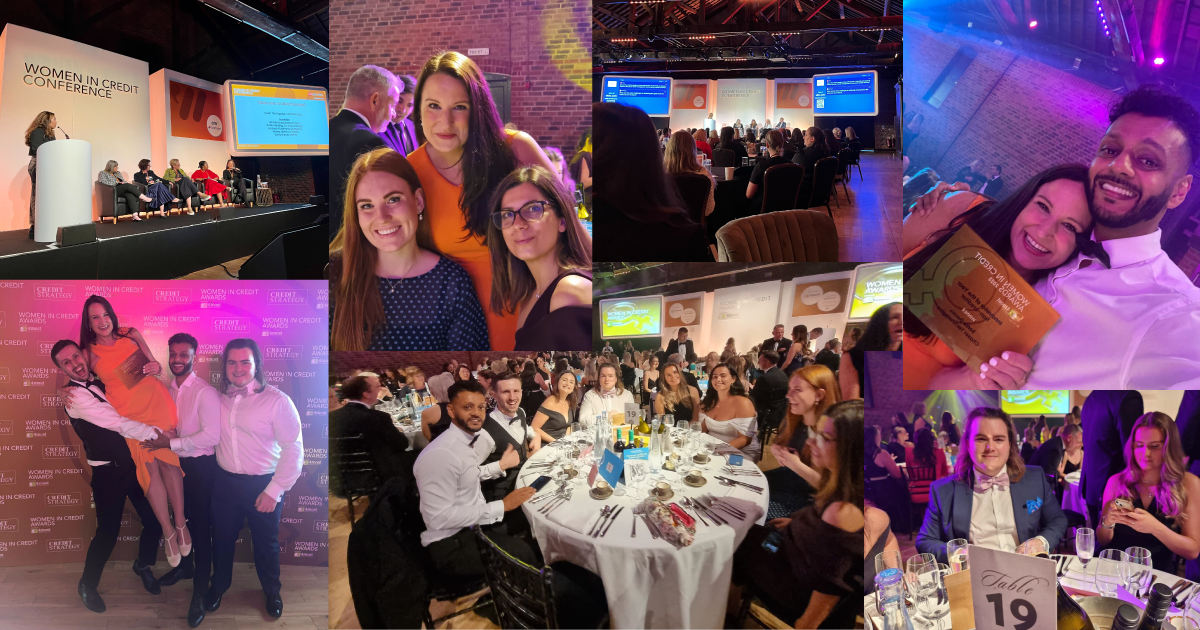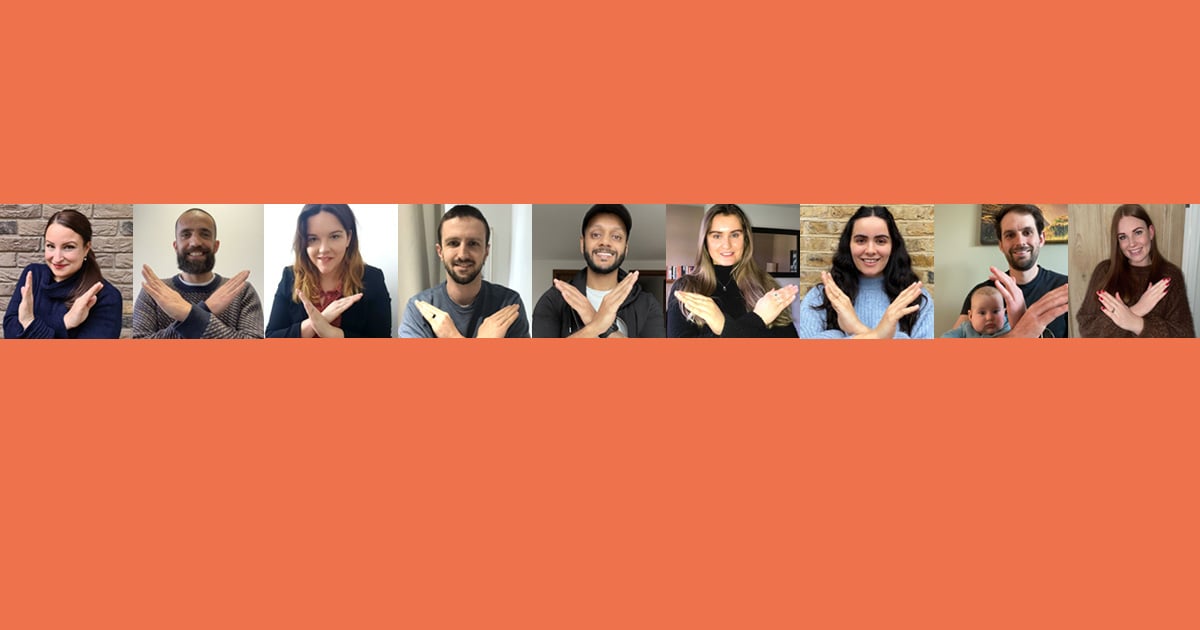On this International Women's Day, I reflect on my journey as a woman in fintech and how I have navigated this complex landscape, paving the way for future female leaders in this space.
The fintech sector, mirroring the finance realm it transforms, thrives on fierce competition, disruptive innovation, and exponential expansion. Yet, amidst its glamorous facade of advanced technology and modern workplaces, lurks a pervasive issue that extends beyond this burgeoning field: gender equality.
Reflecting on my fintech journey - some of the worst parts
Reflecting on my journey in fintech, particularly the challenges I've faced, offers a sobering perspective. Starting from a role typically overlooked - that of a receptionist - my ascent to the position of CEO has been a testament to resilience amidst adversity.
Navigating the professional landscape, I encountered numerous barriers that sadly resonate with many women. From being instructed to maintain a pleasant demeanor, to navigating the tightrope between assertiveness and perceived aggression, to facing scrutiny over personal relationships with male colleagues, the journey was fraught with obstacles.
One incident stands out vividly: as the CMO of a burgeoning business, I found myself relegated to menial tasks like fetching coffee for my male counterparts, despite my senior position. The message was clear: titles didn't equate to respect.
|
Anecdote: The coffee-fetching incident As the Chief Marketing Officer (CMO) of a growing company, I found myself hosting a live webinar with two male thought leaders. Despite my senior position, I was asked to fetch coffee by one of the participants while I was setting up the equipment, and he had been relaxing and chatting with the other host. |
This “coffee-fetching incident” underscores the pervasive gender biases that still exist in corporate environments, where even high-ranking women are subjected to menial tasks based on outdated stereotypes.
Another challenge was the transition to motherhood: far from being celebrated, this became a juncture where my career trajectory faltered. Bereft of support from colleagues and superiors, I grappled with the harsh realities of an unforgiving corporate culture that disregarded the needs of new mothers.
|
Anecdote: Marginalization after motherhood After becoming a mother, I encountered significant challenges in balancing my personal and professional responsibilities. Despite returning to work full-time after less than four months, I was met with exclusion and marginalization. My contributions were overlooked, and I was gradually sidelined from important meetings and decision-making processes. |
This experience sheds light on the harsh realities faced by many working mothers, who often find themselves unsupported and undervalued in the workplace.
This is not that long ago and still, there is a pervasive societal paradox. While women are urged to excel professionally, the systemic biases and unwritten rules often undermine their efforts, fostering a persistent sense of imposter syndrome.
|
Anecdote: Corporate indifference to personal milestones The lack of recognition and support extended beyond professional challenges. Personal milestones, such as the birth of my child and the loss of loved ones, were met with indifference from my employers. Instead of offering congratulations or condolences, I was met with silence and neglect, while the company benefited from an entire afternoon off with high tea for a colleague who’d just gotten engaged. This indifference highlights a broader issue within corporate culture, where the human element is often overshadowed by profit-driven motives. |
Yet, amidst these trials, I refuse to adopt a victim mentality. Instead, I share my experiences to empower other women, offering a glimpse into the uphill battle many face in pursuit of professional recognition and fulfilment.
These anecdotes, to me, offer a glimpse into the real-world experiences of navigating the fintech industry as a woman, highlighting the systemic biases and challenges that persist despite efforts toward gender equality. By sharing these stories, I hope to shed light on the struggles faced by many women in similar professional environments and inspire others to persevere in the face of adversity.
In essence, my journey in fintech, marked by challenges and setbacks, serves as a testament to resilience and the enduring quest for gender equality in corporate spheres
Can we remove labels to help the way for future female leaders?
Source: https://youtu.be/luLkfXixBpM?si=mOS0rJzxCjHZ-6He
Despite Pantene's commercial airing nearly four years ago, societal double standards persist, evident in the comments section of the video and the names of the commenters.
While progress towards acceptance has been made, gender biases continue to influence perceptions. Men often view initiatives promoting women's empowerment negatively, but it's crucial to understand that women aren't seeking to diminish men; rather, they aim to celebrate their own talents, beauty, and personalities. Women are equally capable as men, and while double standards may persist, fostering greater acceptance of gender equality can relegate them to minority opinions.
As a seasoned professional in the dynamic fintech industry, I'm acutely aware of the unique barriers women face in advancing their careers. It's incumbent upon those of us who have shattered these barriers to pave the way for future female leaders. Instead of perpetuating labels and biases, we must acknowledge and support one another.
My journey has taught me the importance of representation. Witnessing other women in leadership roles has fueled my determination to break boundaries and drive progress. Now, as a leader myself, I'm dedicated to cultivating an inclusive workplace where women can flourish.
However, representation alone isn't sufficient. We must also provide opportunities and support for women to thrive, whether through mentorship programs, educational initiatives, or policies promoting work-life balance.
As the fintech industry evolves, the demand for female leaders with diverse perspectives and experiences grows. I'm committed to playing a role in shaping that future and ensuring that women have the support and opportunities they need to succeed.
Spotlighting the leadership team at Chaser
Chaser thrives not just as a business entity, but as a testament to the incredible talent and dedication of our leadership team. Each member of our team has a unique journey filled with perseverance and strength.
 |
Amaya, our Head of Marketing, exemplifies the power of hard work and determination. Starting from a junior role, she has ascended to a position of prominence through sheer dedication and commitment, serving as a guiding light for her team. |
 |
Charlotte, our Head of Product, is another beacon of skill and leadership. With her adept management of senior stakeholders, she navigates complexities with finesse, ensuring consensus and progress for our projects. |
 |
Krissie, our Commercial Director, brings unparalleled expertise and confidence to her role. She fearlessly takes on new challenges, setting an inspiring example for her colleagues and contributing significantly to Chaser's success and growth. |
 |
Among our esteemed leaders is Pedro, our sole male member in a team predominantly composed of women. Pedro is not just a leader but a pillar of modern masculinity, championing gender equality and serving as a role model for raising daughters and supporting women in the tech industry. |
Together, these individuals are the heartbeat of Chaser, propelling us towards a more diverse and inclusive future in fintech. Their achievements deserve recognition not just for their own sake, but to pave the way for more equitable leadership in our industry. With leaders like them at the helm, the horizon of fintech shines brighter and more inclusive.
Can we pioneer a culture of inclusivity?
More women are entering the finance industry, but there is still a long way to go in achieving true gender parity. This means promoting equal opportunities for women and other underrepresented groups, challenging biased hiring practices, and creating a workplace culture that values diverse perspectives.
But it's not just about changing the industry from within; it's also about changing perceptions.
Chaser's initiatives aren't just HR checkboxes but directives toward a new cultural paradigm. Family-friendly policies, pay equity reviews, and leadership development programs tailored towards women are not just good for workforce morale; they are integral to a robust business strategy. By embracing diversity, we can create a more innovative and thriving industry.
Diversity isn't just a buzzword; it's a necessity for growth, innovation, and success. And as the fintech sector continues to advance and shape the future of finance, it must also embrace diversity to truly thrive.
The notion that we perceive the world as it truly is offers a sense of solace, yet it's far from reality.
Our perceptions are inherently subjective, influenced by past experiences, personal preferences, and biases. The experience bias often leads us to mistake our subjective judgments for objective truth. This bias can significantly affect evaluations of soft skills or creative work. For instance, if one perceives someone as too loud in the office, they may assume unanimous agreement. It's prevalent in business to allow these subjective perceptions to sway decision-making processes.
From fostering an inclusive workplace culture to actively seeking out diverse perspectives and experiences, there are many ways that fintech companies can promote diversity. And as a female leader in this industry, I am committed to being at the forefront of these efforts.
Individually and collectively, women in fintech face and change these attitudes. The challenge is to continue advocating for change and creating environments where these discussions are free to happen and are grounds for actions to be taken and changes realised. Only then can we truly pave the way for a more inclusive and diverse future in finance.
Why do some female leaders not partake in feminism or support of events like IWD?
In the ongoing pursuit of gender equality, the role of female leaders is often scrutinized, particularly regarding their engagement with feminist movements and events like International Women's Day.
While many female leaders ardently champion feminist causes, others choose not to participate actively or endorse such initiatives. This decision is complex and can be influenced by a myriad of factors, reflecting the diversity of women's experiences and perspectives.
One significant reason some female leaders refrain from embracing feminism lies in their apprehension about how such alignment might affect their relationships, particularly with men.
The fear of being perceived as too assertive or confrontational can lead some women to avoid identifying as feminists or advocating for themselves. They may worry that taking a strong stance on gender equality could alienate male colleagues or constituents, impacting their ability to lead effectively.
Additionally, some female leaders may not recognize the biases and barriers they face in their own lives and careers. Despite occupying positions of power, they may attribute their success solely to merit or personal effort, overlooking systemic inequalities that continue to hinder women's advancement. This lack of awareness can contribute to their reluctance to engage with feminist movements or acknowledge the need for broader societal change.
As a feminist myself, I wholeheartedly support the right of every woman to choose her own path, whether or not it aligns with mainstream feminist ideologies. While I believe fervently in the principles of gender equality, I understand that feminism can be interpreted and experienced differently by individuals. It's essential to respect the diverse perspectives within the female leadership community and recognize that advocacy for gender equality can manifest in various forms.
It's crucial to acknowledge that female leaders face unique challenges and pressures, and their decisions regarding feminism are shaped by personal beliefs, cultural influences, and strategic considerations. Rather than imposing judgments or expectations, we should strive to create an inclusive environment where all women feel empowered to define their own identities and advocate for causes they believe in.
The reasons why some female leaders choose not to embrace feminism or participate in women's events are multifaceted and deserve careful consideration. Whether driven by concerns about perceptions, a lack of awareness about gender bias, or other factors, their decisions reflect the complexities of navigating gender dynamics in leadership roles.
As feminists, we must support and uplift all women, regardless of their chosen paths, recognizing that solidarity and respect are essential pillars of the ongoing fight for gender equality.
Is there work-life balance in the C-Suite?
So, here's the deal about women in top leadership roles, especially in the intense world of the C-Suite: it's all about finding that sweet spot between kicking butt at work and keeping your sanity intact. Trust me, I've been there, done that, and felt the pressure big time.
But here's the thing: instead of pretending like this balancing act doesn't exist, I've learned to tackle it head-on. It's about using a mix of smart planning, having a solid support system, and taking care of yourself along the way. At Chaser, we're not just about revolutionizing finance; we're also big on creating an environment where women can thrive just as much as men in those fancy C-level roles.
Personally, my goal isn't just to break through those glass ceilings; it's also about paving the way for other women to find that work-life harmony while kicking butt in their careers. I'm all about mentoring, keeping the lines of communication open, and fostering a culture where everyone feels included and supported.
At Chaser, we truly believe that when our team members are happy and fulfilled outside of work, they bring their A-game to the table. And as we keep working on making our workplace diverse and inclusive, we hope to set an example for other companies in the fintech world to follow suit.
What is the future of fintech for females?
Getting rid of gender bias and stereotypes is a team effort that needs to dig deep into everything from school lessons to company training and how we talk about things in society.
Step one is recognizing and facing up to these biases. We need to have more chats about the assumptions we make, why we make them, and how they affect banking and finance. It's important to have role models who challenge these norms—they're the ones who spark the changes we're all hoping for.
My own journey, my company, and the women's leadership initiatives we're involved in aren't just about personal success. They're stories we can learn from, guiding lights, and calls for a new way of thinking about gender and professionalism in the fintech world, in the bigger economic picture, and in our shared humanity.
This International Women's Day, I'm not just here to say nice things—I'm here to push for real change and progress. It's about recognizing the issues and then making them normal to talk about. We want an industry that used to be all about men to become a place where everyone's ideas are welcome, where we're all included and valued.
It's a story of breaking boundaries, of women going beyond what's expected of them and claiming a space that's been unfairly kept from them. The future is digital, it's financial, and it absolutely includes women.
To peep into the crystal ball and glimpse the evolutionary trajectory of fintech is to witness a future where gender diversity isn't just an HR initiative; it is the artery through which innovation flows.
Fintech is a facet of industries where the product very often meets the public; a diverse team crafting these products ensures a range of perspectives, ideas, and user experiences. The bottom line is clear - gender equality and workplace diversity aren't just checkboxes to satisfy; they're imperatives for sustainable future successes.
The narrative of workplace equality transcends mere pleas for fairness. It is a competitive necessity — in an age where technology reigns supreme, the ability to offer new and innovative solutions hinges on inclusivity and the myriad perspectives it brings.
Let’s hear from the Chaser Team
To end off, discover insights from the Chaser team on the following topics:
-
Common misconceptions about fostering inclusion for women in the workplace
-
Fostering a more inclusive environment for women in fintech
-
Initiatives to ensure equal opportunities for women
-
How society can #InspireInclusion
How can we foster a more inclusive environment for women in fintech?

|
Ash Corah, Senior Software Engineer at Chaser: We need more women in software development roles! Women in engineering need to encourage more women to join them while men need to show their support. I believe men and women have different strengths and we need more women in software to help bridge the gap. Not just fintech but all of tech is exciting, fun and challenging. It’s male dominated right now; women, please help us make great software, we need you! |

|
Katan Patel, Software Developer at Chaser: Create channels for women employees to provide feedback on their experiences in the workplace, including any challenges or barriers they may face. Use this feedback to inform ongoing efforts to improve gender diversity and inclusion. |

|
Amaya Woods, Head of Marketing at Chaser: To foster inclusivity for women in fintech, we can start by actively promoting gender diversity in recruitment, ensuring fair pay and advancement opportunities, and creating supportive networks and mentorship programs. By listening to women's voices, valuing their contributions, and addressing gender biases, we can cultivate an environment where women feel empowered to thrive and succeed in fintech. Additional attention needs to be given to address the lack of representation and progression of ethnic minorities within fintech. For example, although ethnic diversity in fintech has increased slowly since 2011, the proportion of Black people working in fintech has remained stagnant at 3.1% (Ethnic diversity in UK fintech report). |
How can society #InspireInclusion?
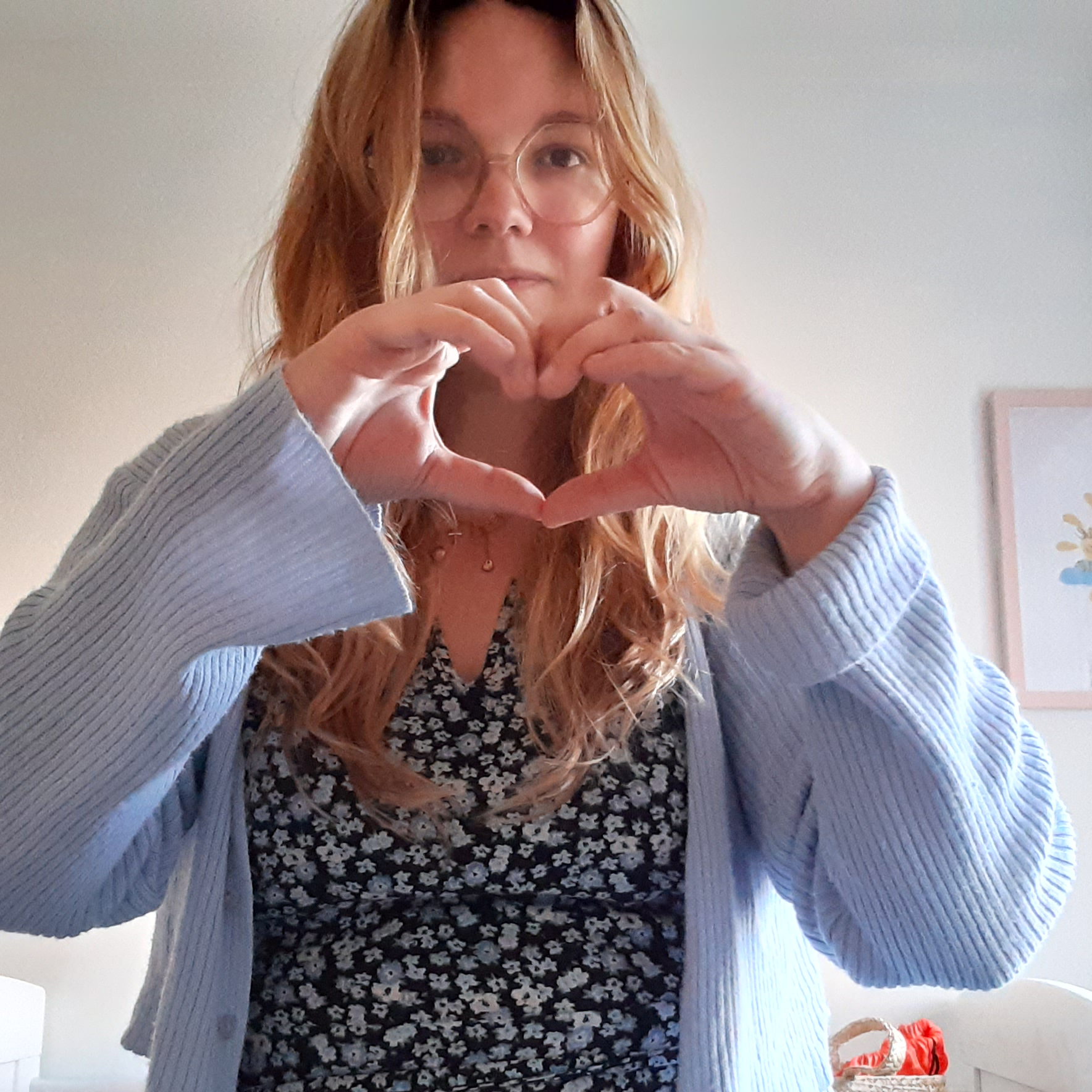 |
Zoë Mills, Digital Designer at Chaser: Speak out and speak up! The more discussions that are shared, good and bad, the more there will be to learn from. Everyone can learn something from each other's experiences and offer support to one another. |
What are some common misconceptions about fostering inclusion for women in the workplace, and how can we address them to inspire real change?

|
Oliver Fielding, Product Data Analyst at Chaser: A common misconception is that inclusion efforts lower standards or that gender diversity is only a numbers game. Addressing these requires education on the benefits of diversity, debunking myths with data, and focusing on creating equitable opportunities for everyone to succeed. |

|
Sonia Dorais, CEO at Chaser: Here are some of these misconceptions and ways to address them:
By addressing these common misconceptions and implementing proactive measures to foster inclusion, organizations can inspire real change and create workplaces where women are valued, respected, and empowered to succeed. It requires a concerted effort from leaders, employees, and stakeholders to challenge biases, dismantle barriers, and create a culture of equality and belonging for all. |
What initiatives can fintechs implement to ensure equal opportunities for women?

|
Amaya Woods, Head of Marketing at Chaser: Fintechs can implement initiatives such as diversity training for staff, flexible work policies, and transparent promotion processes to ensure equal opportunities for women. Creating mentorship programs and affinity groups specifically for women can also provide support and encouragement for their career growth. By prioritizing inclusivity and actively addressing barriers to advancement, fintechs can create a more equitable workplace for women. Furthermore, fintech leadership teams, venture capitalists, and advisory boards should consider more closely the leaders of fintech organizations and bringing more women into CEO positions, or investing in more female fintech founders/CEOs. Currently, less than 6% of Fintech CEOs are women (EY), however, research has shown that fintechs led by female CEOs are more successful at generating revenue than those led by men (The Banker). |

